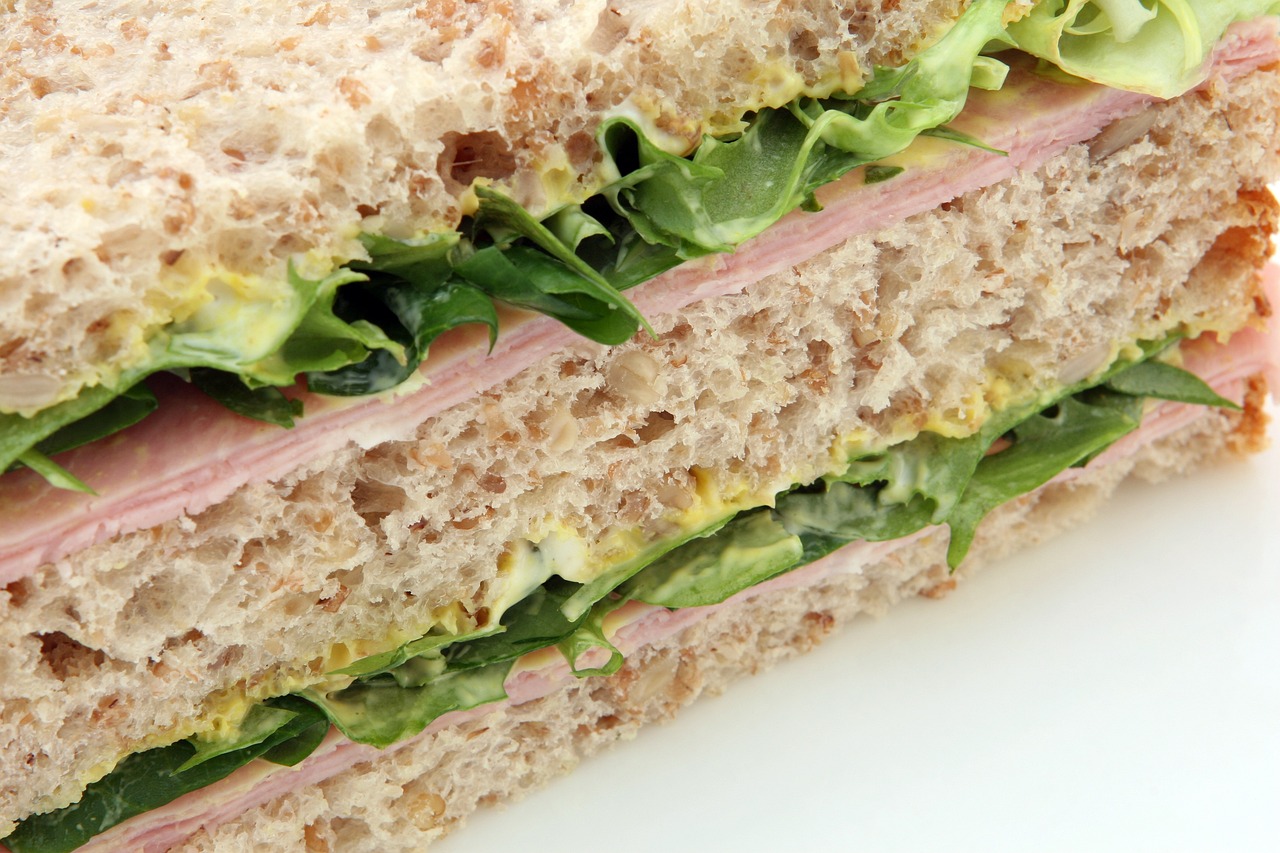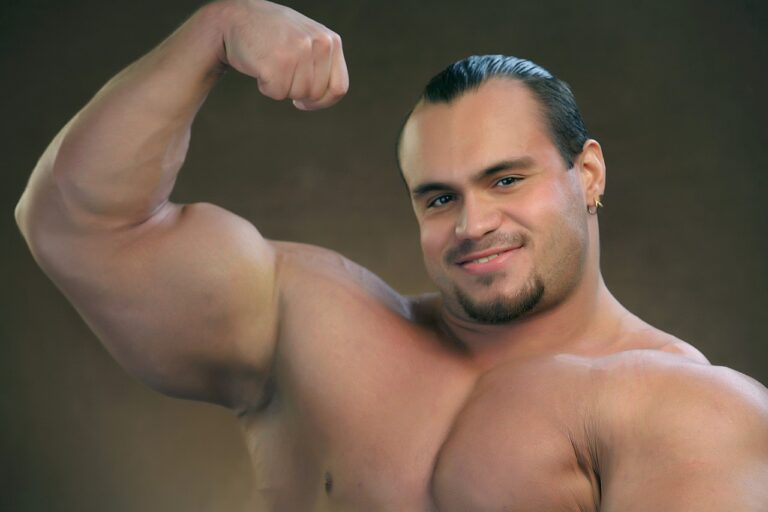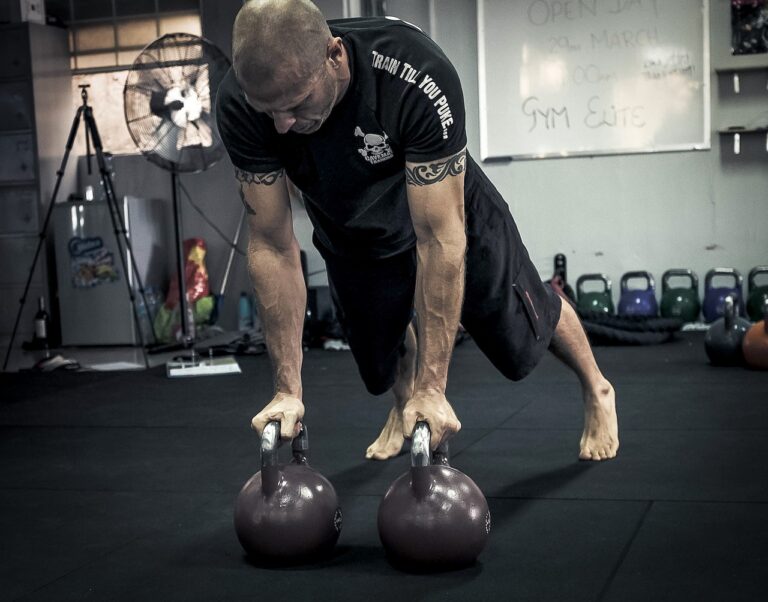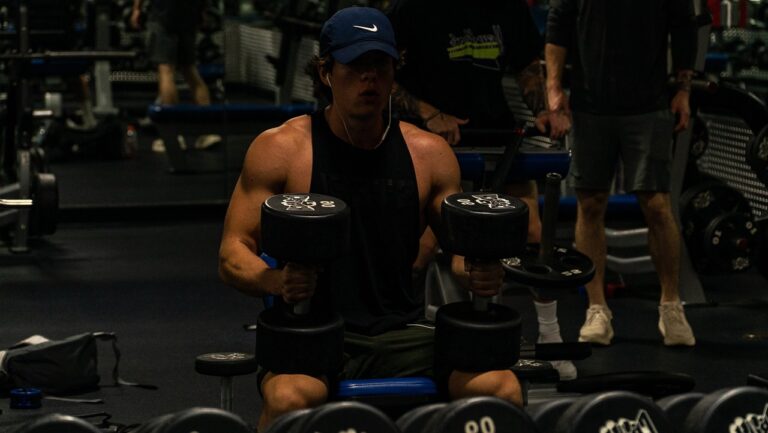The Role of Acupuncture in Pain Management and Stress Reduction
Acupuncture is an ancient healing practice that originated in China over 2,500 years ago. It is believed to have been developed during the Stone Age as a way to treat various illnesses and ailments. The practice was refined over the centuries, with the earliest recorded use of acupuncture dating back to around 100 BCE in ancient Chinese texts.
The theory behind acupuncture is based on the concept of Qi (pronounced “chee”), which is the vital energy that flows through the body along meridian pathways. By stimulating specific points along these pathways with thin needles, acupuncturists aim to restore balance to the body and promote healing. Acupuncture spread to other Asian countries like Japan and Korea, and eventually made its way to the West where it has gained popularity as a complementary therapy for a wide range of health conditions.
Understanding Traditional Chinese Medicine
Traditional Chinese Medicine (TCM) is a holistic approach to wellness that dates back thousands of years. It encompasses various practices, such as acupuncture, herbal medicine, cupping therapy, and tai chi. TCM is rooted in the belief that the body is interconnected and influenced by the forces of yin and yang, as well as the flow of vital energy known as qi.
The principles of TCM focus on balancing these forces within the body to maintain health and prevent illness. Practitioners of TCM evaluate a patient’s overall well-being by considering their physical, mental, and emotional state, as well as their external environment. By promoting harmony and balance, TCM aims to support the body’s natural healing abilities and enhance overall vitality and longevity.
• Acupuncture is a key component of TCM, involving the insertion of thin needles into specific points on the body to stimulate energy flow.
• Herbal medicine is another important aspect of TCM, using natural herbs and plants to treat various health conditions and promote healing.
• Cupping therapy involves placing heated cups on the skin to create suction, which helps improve blood flow and relieve muscle tension.
• Tai chi is a gentle form of exercise that combines flowing movements with deep breathing techniques to promote relaxation and enhance overall well-being.
How Acupuncture Works in the Body
Acupuncture is guided by the concept that energy, known as “qi,” flows through the body along specific pathways called meridians. These meridians are connected to various internal organs and systems. When there is a disruption or imbalance in the flow of qi, it can lead to pain or illness. Acupuncture aims to restore the balance of qi by inserting thin needles into specific points along the meridians to stimulate the body’s natural healing response.
Through the insertion of needles, acupuncture is believed to stimulate the release of endorphins, the body’s natural painkillers, and other neurotransmitters that help to reduce pain and inflammation. Additionally, acupuncture is thought to improve blood circulation, boost the immune system, and regulate various bodily functions. This holistic approach addresses not just the symptoms but the underlying root cause of health issues, promoting overall wellness and restoration of balance in the body.
What is the history of acupuncture?
Acupuncture has been practiced in China for thousands of years and is a key component of traditional Chinese medicine.
How does acupuncture work in the body?
Acupuncture works by stimulating specific points on the body, known as acupoints, to help restore the flow of energy, or qi, and promote healing.
Is acupuncture safe?
When performed by a trained and licensed practitioner, acupuncture is generally considered safe with minimal side effects.
What conditions can acupuncture help with?
Acupuncture is commonly used to treat a variety of conditions, including chronic pain, anxiety, depression, and digestive disorders.
How many sessions of acupuncture are typically needed to see results?
The number of sessions needed can vary depending on the individual and the condition being treated, but many people begin to see results after just a few sessions.
Does acupuncture hurt?
Acupuncture is typically not painful, though some people may experience a slight sensation when the needles are inserted. Overall, most people find acupuncture to be a relaxing and therapeutic experience.







